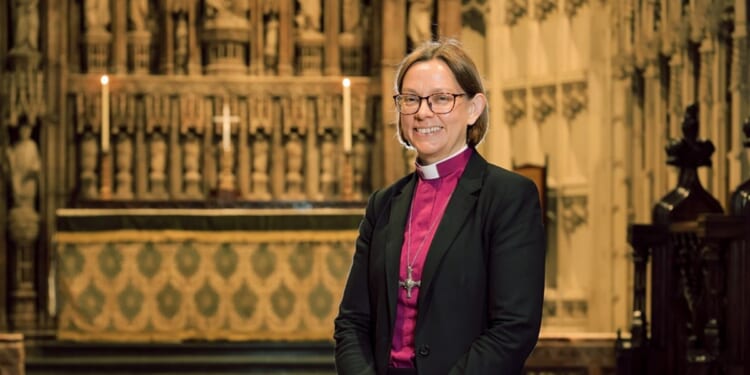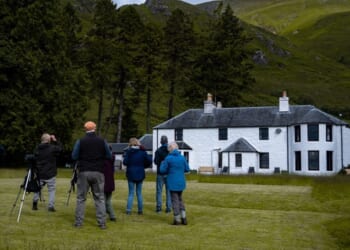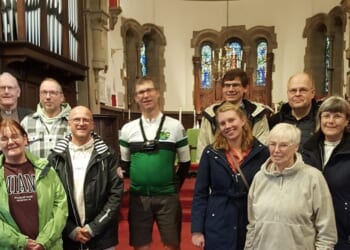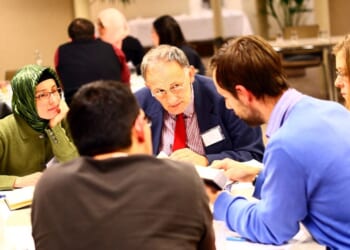THE Bishop of Newcastle, Dr Helen-Ann Hartley, has been appointed to the House of Lords Select Committee set up to take evidence on the safeguards and procedures in the Terminally Ill Adults (End of Life) Bill.
The decision to set up a committee was announced shortly before a Lords debate on the Private Member’s Bill, in September, effectively fulfilling the demand of an amendment that had been tabled by Baroness Berger (News, 26 September). Dr Hartley was one of the speakers in support of the proposal.
In an earlier debate in the Lords, Dr Hartley, who opposes the Bill, said that she had been a bishop in New Zealand when assisted-dying legislation was being passed there, and had followed its implementation carefully.
A recent report in New Zealand had found that there was insufficient clarity on the principles underpinning the law, and she suggested that the same was true for the draft legislation in England. Proponents of the Bill said that it was about choice, Dr Hartley said, “but I cannot see how this is true when the Bill is both unsafe and unworkable in its current form.”
She went on to say that the “obsession with selfhood and individual choice belies our dignity and respect for others. In being human, we begin not so much with selfhood, but with the idea of the other, and who we are in the realisation of community and society.”
As agreed by the Lords, the 13-member committee, chaired by Lord Hope of Craighead, will take evidence from professional bodies, people with professional experience of coroners’ services, and MPs.
The Bill, which seeks to legalise assisted dying, cleared the Commons in June. The Committee Stage in the Lords is due to start on 14 November. Its Lords sponsor is Lord Falconer.
Dr Hartley said on Thursday: “It is important that a Bill that would usher in such a profound change in our society is given thorough scrutiny. I look forward to participating in the work of the Committee in hearing evidence that will inform the coming stages.”

















